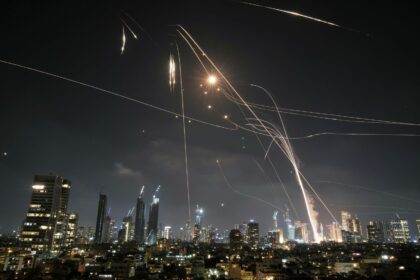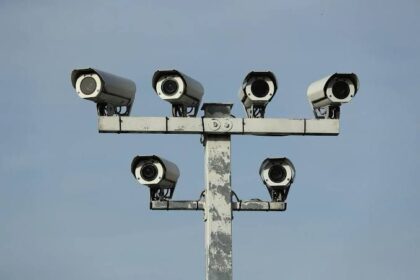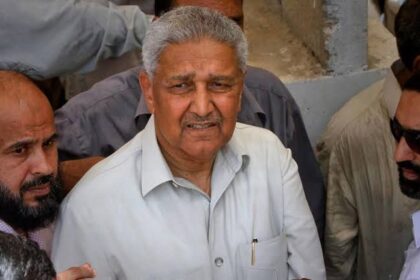Jhumpa Lahiri turned down the opportunity to accept an award from the Noguchi Museum based in New York City after the museum fired three employees for wearing keffiyeh scarves, which amplify support for Palestine, following an updated dress code.
“Jhumpa Lahiri has chosen to decline the 2024 Isamu Noguchi Award in response to our updated dress code policy,” said a statement from the museum. Jhumpa Lahiri decided not to accept the award because the museum’s new policy regarding staff members is unacceptable to her.
The Noguchi Award was set to be presented next month in Queens, New York City. The new policy bans ‘political’ attire, leading to the dismissal of three employees who were wearing keffiyeh scarves that support Palestinians in Gaza.
The museum, founded 40 years ago by Japanese-American designer and sculptor Isamu Noguchi, announced in August that employees would not be allowed to wear clothing and accessories that indicate any type of ‘political’ support through messages, slogans, or symbols during working hours. This policy does not apply to visitors.
The museum also stated, “We respect her perspective and understand that this policy may or may not align with everyone’s view.” Jhumpa Lahiri is an Indian-American writer. She was born in London to an Indian Bengali family and later moved to the United States.
She writes short stories and novels and won the Pulitzer Prize for Fiction for her short story collection “Interpreter of Maladies” in 2000. The director of the museum, Amy Hau, said in a separate statement published on its website that “the policy is intended to prevent any unintentional alienation of our diverse visitor base while allowing us to remain focused on our core mission of advancing the understanding and perception of Isamu Noguchi’s art and legacy.”
Supporters of Israel argue that keffiyeh scarves promote ‘extremism’. The three employees of the museum who were fired for wearing the keffiyeh scarf are not the first to be targeted by indirect supporters of the Palestinians. Last year, three 20-year-old Palestinian students were killed for speaking Arabic, and two of them were wearing keffiyeh scarves near a university campus in Vermont, United States.
People are facing conflicts over wearing keffiyeh scarves in the US. People wear them to show their concern regarding the genocide in Palestine; the keffiyeh scarf symbolizes Palestinian solidarity, liberation, and freedom.
Critics says that media coverage and political discourse in the US has caused the anti-Arab and anti-Islam sentiments in over all the United States of America.












